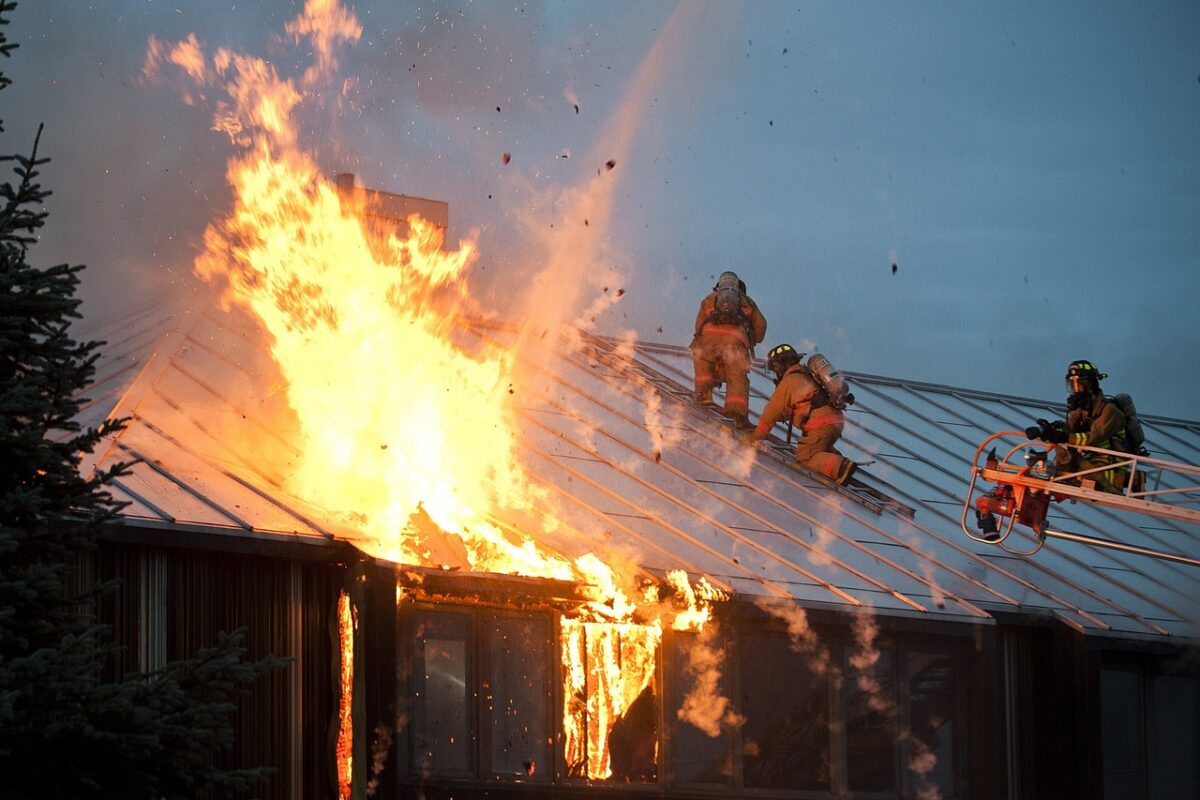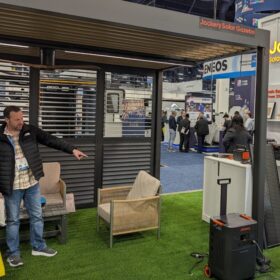The pressure is mounting on the U.S. International Trade Commission (ITC) on the eve of public testimony about the Suniva/SolarWorld Section 201 trade case tomorrow.
As a result of lobbying by the Solar Energy Industries Association, which opposes the petition, a bipartisan group of 69 legislators – 16 Senators and 53 House members – have signed letters asking Commission Chair Rhonda Schmidtlein to reject the complaint, claiming it could cost tens of thousands of U.S. jobs if injury is found.
The letters arrive one day before the USITC will hear testimony by Suniva and SolarWorld, as well individuals and groups that oppose the petition.
“Solar companies in our states believe the requested trade protection would double the price of solar panels,” the Senate letter to the ITC said. “Increasing costs will stop solar growth dead in its tracks, threatening tens of thousands of American workers in the solar industry and jeopardizing billions of dollars in investment in communities across the country.”
Suniva and SolarWorld contest that the suggested job losses would happen, instead producing their own study that showed the industry would actually gain more than 100,000 jobs if the ITC finds in their favor. The methodology and qualifications of the researchers for that study have been questioned by the opponents of the petition.
It should also be noted that significant job losses were predicted when SolarWorld filed its anti-dumping and countervailing duties complaints in 2012 and 2014, which ultimately did not occur after SolarWorld prevailed in both those complaints.
On September 22, based in part on tomorrow’s testimony, the USITC will “determine whether crystalline silicon photovoltaic (“CSPV”) cells (whether or not partially or fully assembled into other products) are being imported into the United States in such increased quantities as to be a substantial cause of serious injury, or the threat thereof, to the domestic industry producing an article like or directly competitive with the imported articles.”
Once the decision on whether there is injury, which would trigger recommendations on what the penalties would be, a report will be submitted to President Trump by Nov. 13. Trump will then decide whether the recommended remedies will be implemented. He does not have to follow the recommendations and could impose any remedies he thinks are appropriate.
“This letter shows that trade tariffs are not a red or blue state issue,” said Abigail Ross Hopper, president and CEO of SEIA. “If these barriers are implemented, one of the fastest growing U.S. industries will be halted in its tracks, thousands of Americans will lose their jobs and billions of dollars of private investment will dry up.”
“We are thankful these lawmakers, on both sides of the aisle and both sides of the Capitol, recognize the solar industry’s massive impact on their states’ economies, and the irreparable harm this case could bring to families and businesses across our country,” Hopper said.
Suniva and SolarWorld were contacted for responses but were unable to get them to pv magazine by press time. If either or both of the companies respond, their reactions to these letters will be added.
Senate Letter
House Letter
This content is protected by copyright and may not be reused. If you want to cooperate with us and would like to reuse some of our content, please contact: editors@pv-magazine.com.








I believe the file called Senate Letter here is actually the letter from members of the House.
SEIA has posted both letters at http://www.seia.org/research-resources/us-congress-letters-international-trade-commission